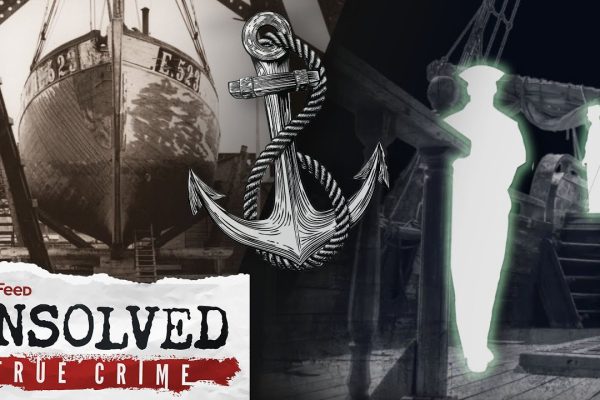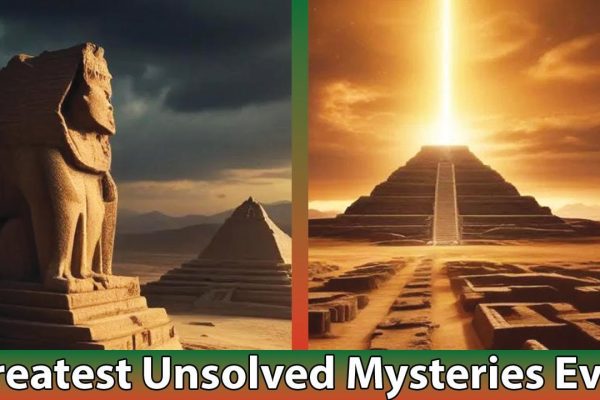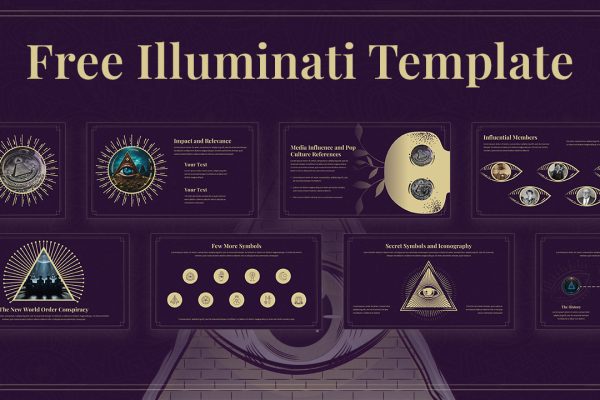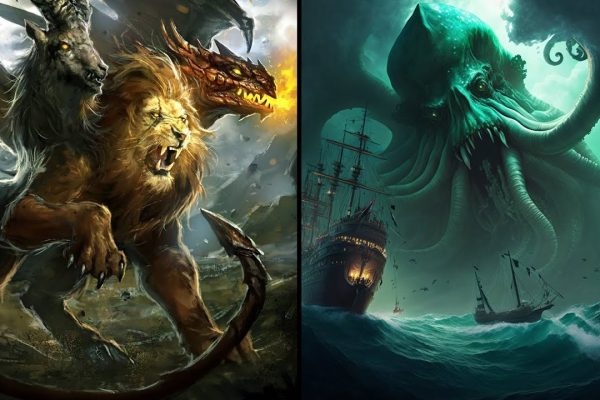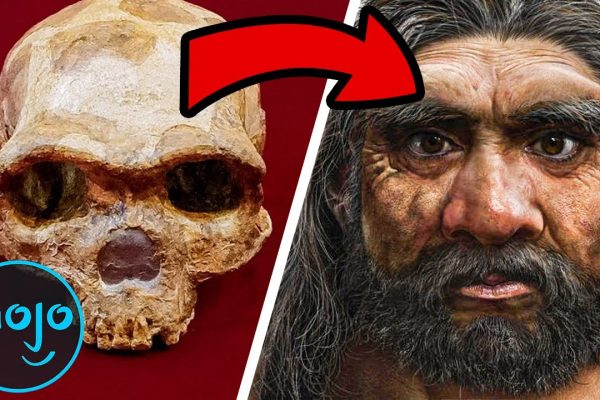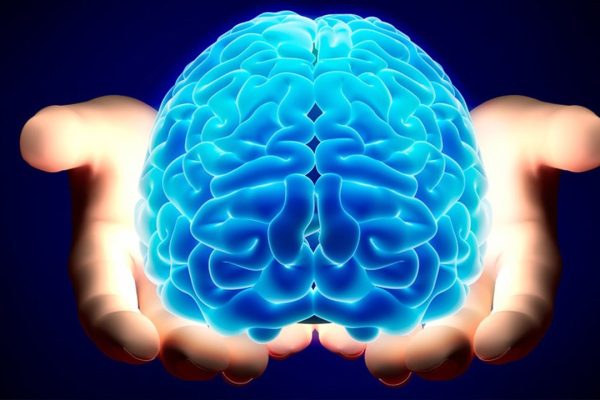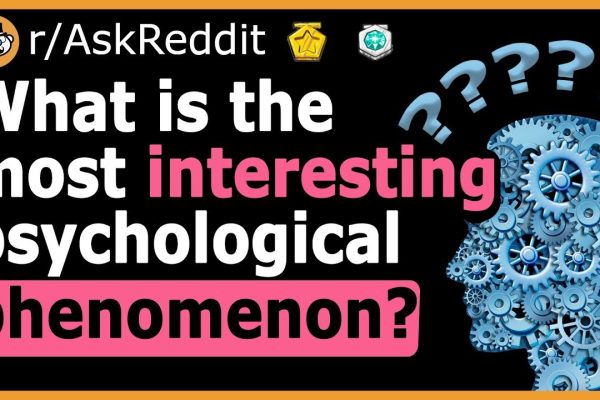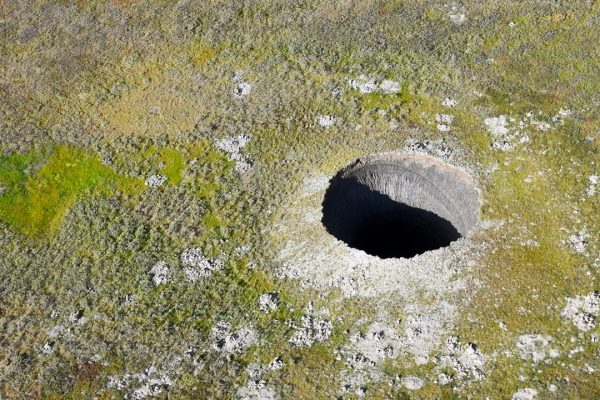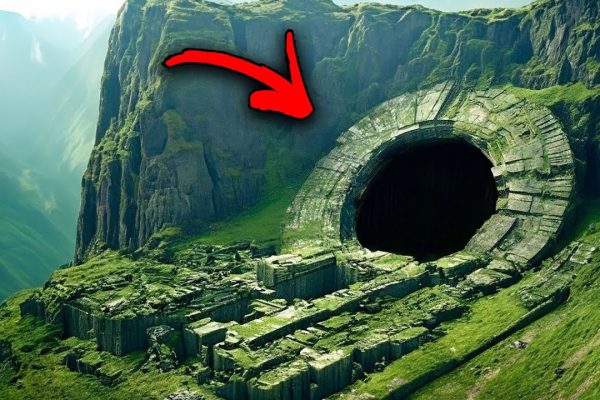
🌍 Top 10 Most Mysterious Places on Earth
From ancient ruins to forbidden islands and eerie natural phenomena, the world is full of places that defy explanation. Some are shrouded in legends, others in science, but all have stories that leave us questioning reality. Here are the 10 most mysterious places on Earth! 1. The Bermuda Triangle (Atlantic Ocean) 🛳️✈️ A region between…

